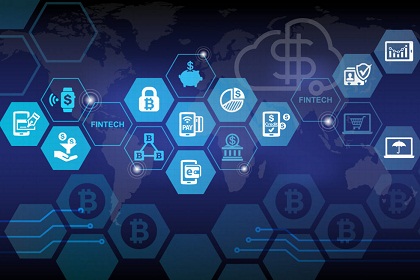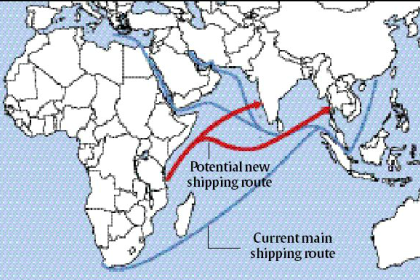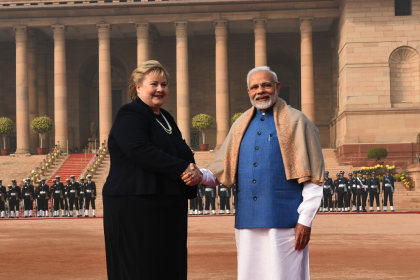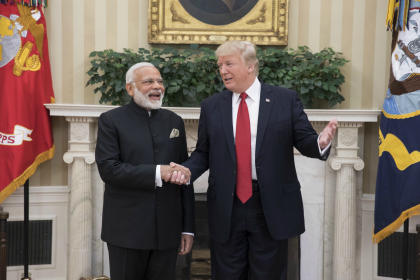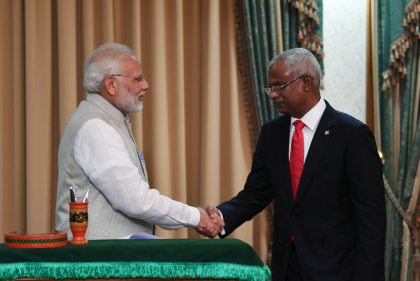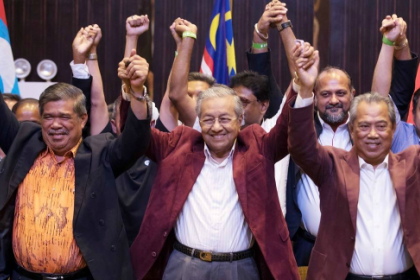Why cyber security should be a G20 priority
The G20, which constitutes leading digital and industrial powers, has failed to pay enough attention to cyber security, particularly the security of critical financial infrastructure. In a rapidly digitising world, this is the right time for a G20 framework that will help ensure the cyber safety of banks, stock markets and payment systems.


